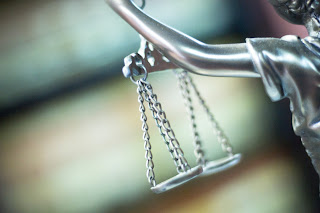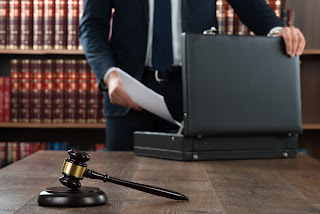3 Things To Consider When Estate Planning And Digital Assets
3 Things To Consider When Estate Planning And Digital Assets

- We now know what digital assets are.
A wide range of assets that are in digital form are included under the umbrella phrase “digital assets.” Regardless of the technology involved in its creation, the phrase generally refers to anything that is produced and stored digitally, is recognisable and discoverable, and has or offers value.
Examples of digital assets include photographs, manuscripts, documents, and data. However, they can also be assets produced using blockchain technology, such as cryptocurrencies, non-fungible tokens (NFTs), or tokenized assets.
In recognition of the dramatic growth and increasing importance that digital assets have had on our society and the fact that digital technology will continue to grow and change in the future.
- Although it can be difficult, moving digital assets can be done.
Digital assets present a substantial challenge for estate planning.
Blockchains are secure digital ledgers that are used to store digital currency and cryptocurrency transactions. It is practically impossible for anyone other than the owner of the cryptocurrency to move it thanks to the blockchain, which is an extremely secure mechanism.
As a result, it may be challenging to leave your heirs digital assets like cryptocurrencies. Knowing whether an asset is stored in a “cold wallet” or “hot wallet” and knowing what assets you hold are both necessary for transferring digital assets at the time of death.
Making sure that your digital assets may be passed down to your heirs can be greatly aided by working with an expert estate and probate attorney well before the necessity for the transfer of such assets arises.
- Choose your trustee carefully; not everyone is interested in serving as a trustee for digital assets.
The fact that you can manage these assets through a trust is a third aspect of your estate plan and digital assets — and bitcoin in particular — that you should be aware of. Of course, it must be configured correctly and in a way that guarantees that the private keys are kept secure while yet being accessible to the trustee when needed.
However, not everyone feels confident using or managing digital assets. In other words, if there are digital assets involved, not all trustees who could be ready to serve as a trustee for your family trust are willing to do so. To be fair, this is a novel technology in a challenging field. So, if you have digital assets in your estate, you need to be particularly cautious when appointing a trustee. Select a person or business that has the skills and knowledge to manage these assets in a responsible manner.
Digital Assets and Estate Planning — Get the Help You Need
We develop and implement unique estate plans, effectively assist people through the difficult probate procedure, and competently manage all facets of trust setup, administration, and settlement.
Disclaimer: This is not legal advice and is simply an answer to a question and that if legal advice is sought to contact a licensed attorney in the appropriate jurisdiction.
Estate and Probate Lawyer Free Consultation
If you have any questions or in need a Estate and Probate Lawyer, we have the Best Attorneys in Utah. Please call this law firm for free consultation.
We help you with Estate Planning, Wills, Trusts, Power of Attorney, Health Care Directive, Estate Administration, Probate and More
When you need a Lawyer, contact this law firm:
Parklin Law
5772 W 8030 S, # N206
West Jordan UT 84081
(801) 618–0699
https://www.parklinlaw.com/
https://parkin-law.business.site/
https://dailyfamilylawattorneyutah.com/3-things-to-consider-when-estate-planning-and-digital-assets/


Comments
Post a Comment